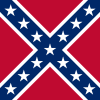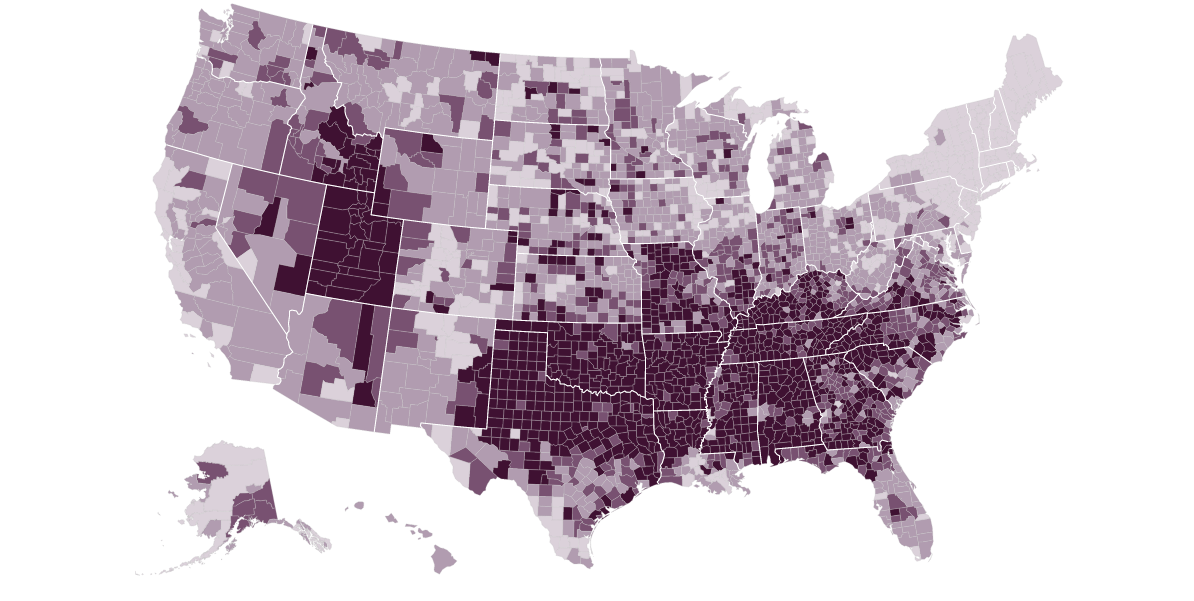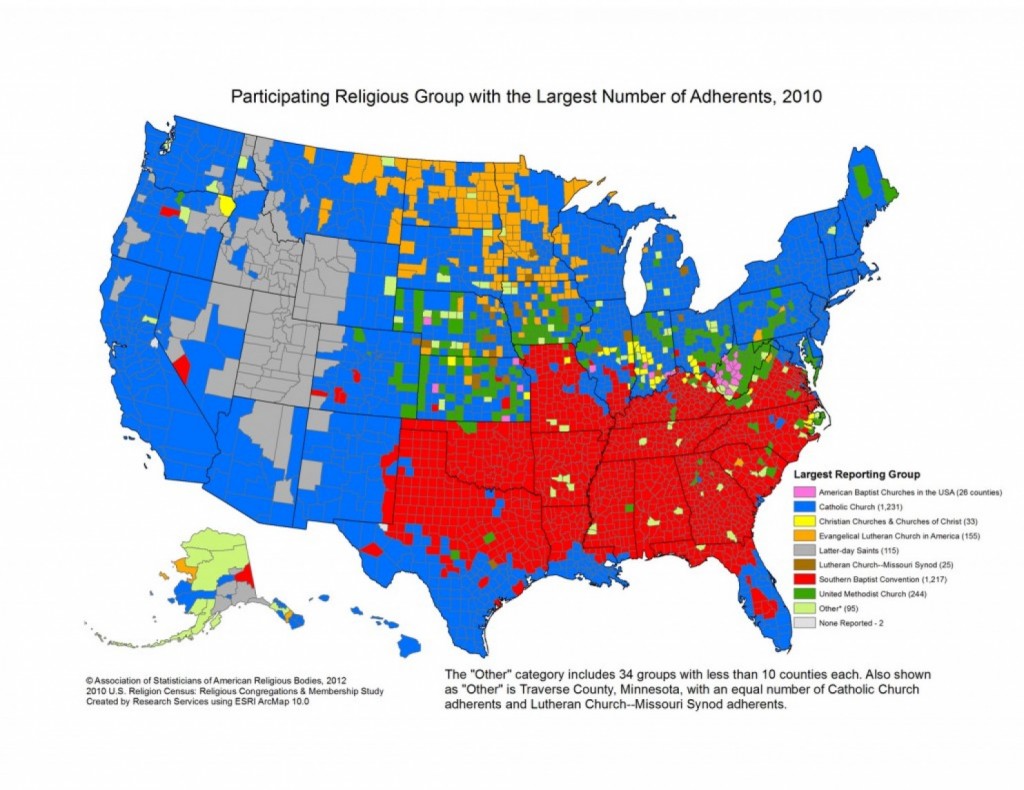| Online: | |
| Visits: | |
| Stories: |

| Story Views | |
| Now: | |
| Last Hour: | |
| Last 24 Hours: | |
| Total: | |
Southern Religion
In my speech at the Florida League of the South State Conference, I highlighted this map of “Christian conservatives by county”:

I wasn’t satisfied with the amount of time that I spent on religion in that speech. Religion is elephant in the room of what remains of an enduring Southern people in the 21st century. I’ve done some more digging into the subject and have turned up this excerpt from The New Encyclopedia of Southern Culture: Religion:
“Protestantism can be classified into four major families – liturgical, classical (or Reformation), evangelical, and radical. In the South, the evangelical family predominates. Even Presbyterianism, which falls within the classical category, takes on features of evangelicalism. Radical Protestantism – Mennonite, Amish, Quaker – has left its stamp on regional forms but has had very little acceptance in the South.”
That’s an understatement.
“Three feature stand out in making the religion of the South different from the pattern that prevail elsewhere. (1) The forms that are common in the region are relatively homogeneous. The range of popular options has been historically quite narrow. (2) The South is the only society in Christendom in which the evangelical family of Christians is dominant. Evangelicalism’s dominance is decisive in making the South the “religious region” that it is and in marking off the South from patterns, practices, and perspectives prevalent in other parts of America. (3) A set of four common convictions occupies a normative southern religious position. Movements and denominations in the South are judged for authenticity in the popular mind by how well they support these beliefs: (a) the Bible is the sole reference point of belief and practice; (b) direct and dynamic access to the Lord is open to all; (c) morality is defined primarily in individualistic and interpersonal terms; and (d) worship is informal, loose structuring and spontaneity being preferred over prescription.”
During the colonial era, most Southerners were Anglicans, nominal Anglicans, or Presbyterians, but that changed during the Great Awakening and Second Great Awakening, which led to an explosion in the numbers of Baptists and Methodists. The relative importance of baptism vs. Communion also makes the South distinct:
“At no other time and place in the history of Christendom has baptism been elevated to such eminence – and Communion so deemphasized. … Communion rates well below baptism in the evangelical-revivalistic religion that pervades the American South.”
As a Lutheran, this sounds strange to me, but I have little experience with these circles. I was raised as a nominal Methodist, but science loomed far larger in my childhood than religion.
Here’s another map that draws a sharp division between Baptist Oklahoma and Missouri and Catholic Kansas:

Source: http://www.occidentaldissent.com/2015/06/10/southern-religion/



